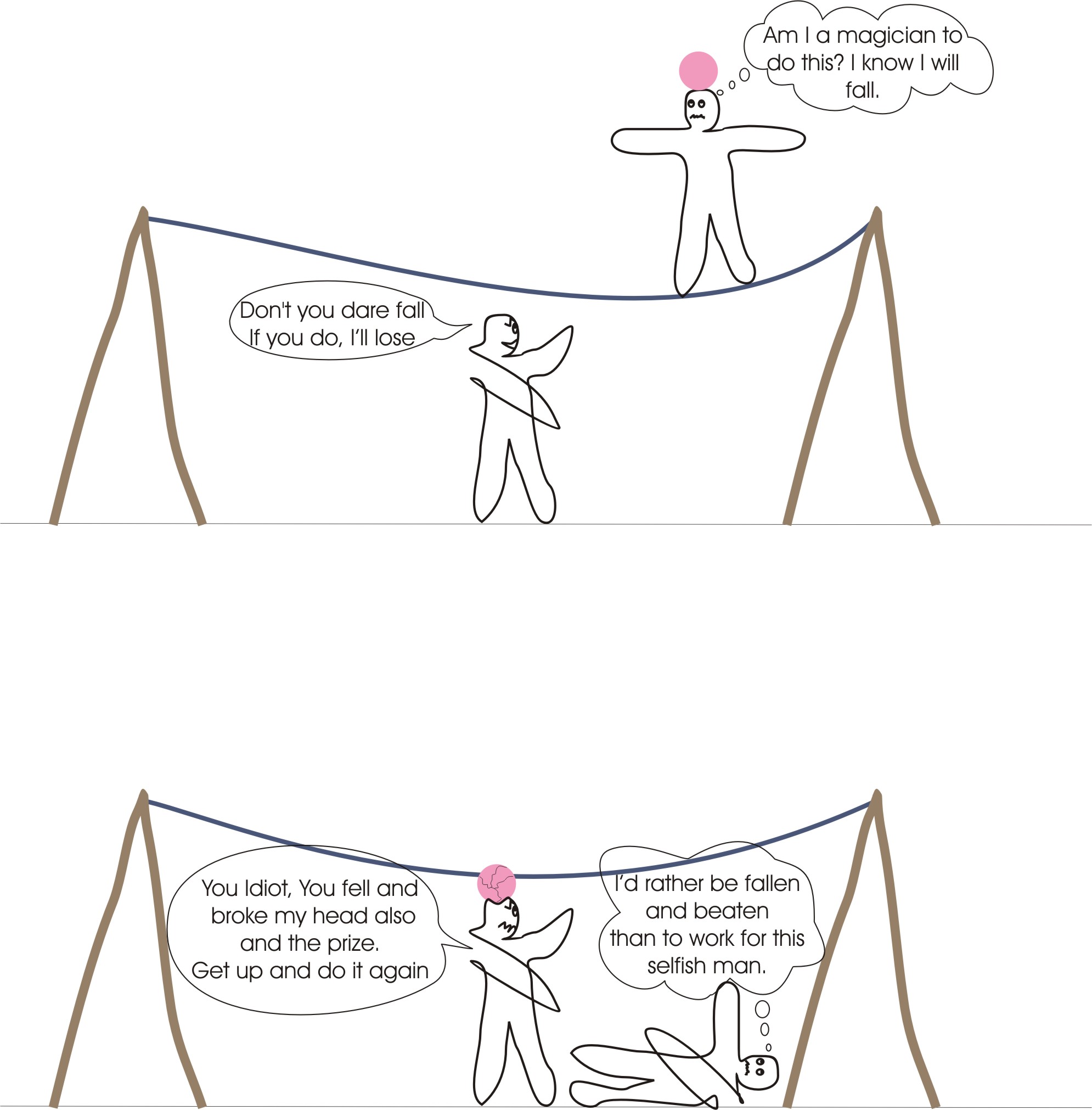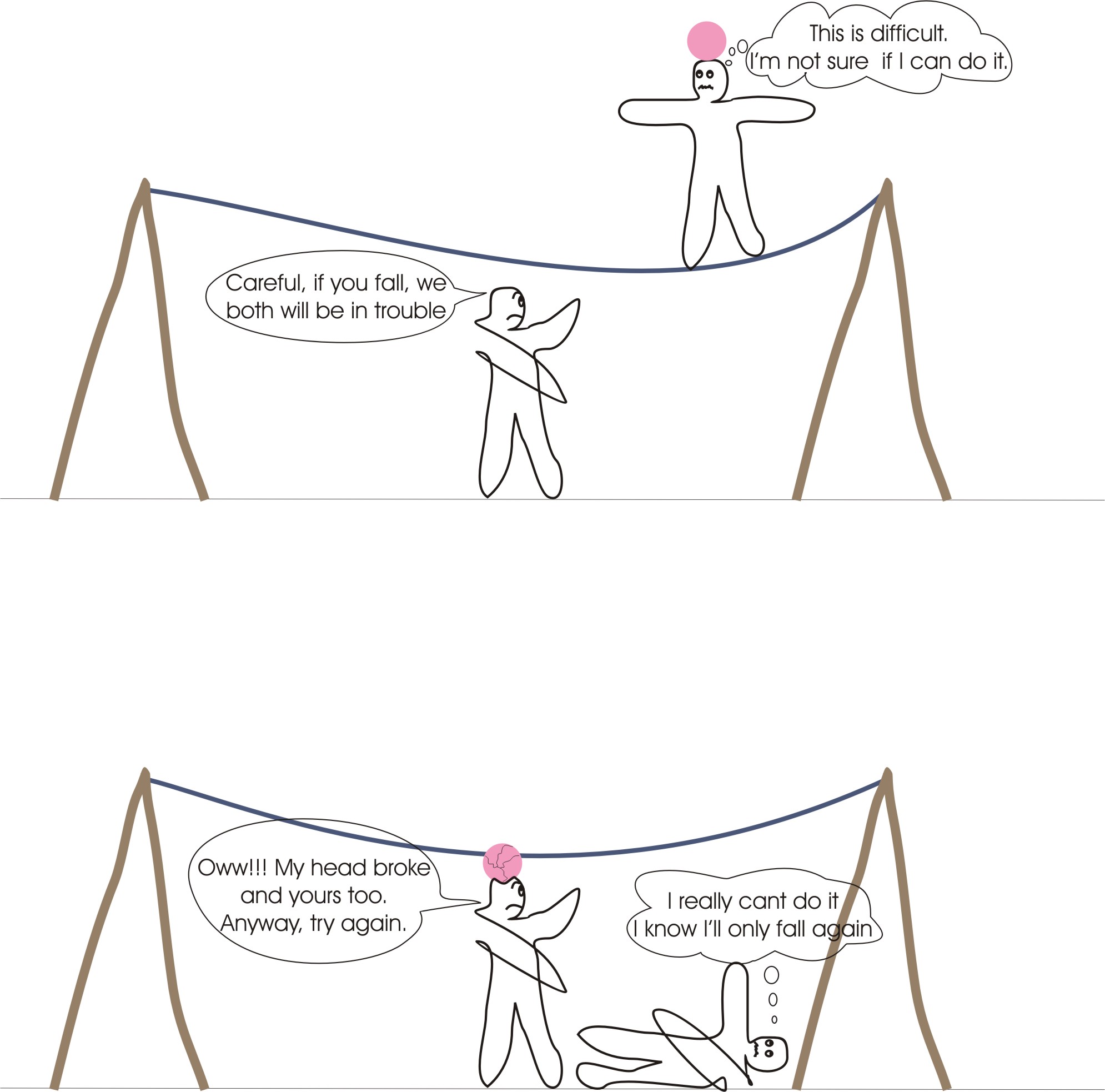
Every individual has some strengths and some not-so-strong areas. This is a known fact. Yet this well-known fact is scarcely used, especially in the professional area.
Most people in a work environment tend to think that they need to showcase themselves in every area of work all the time. People feel that they must show that they know everything, that they can do everything. Despite all the talk of working as a team, employees end up stepping on each other’s toes while attempting to showcase themselves. The concept of teamwork goes for a toss. So does the idea of respecting and playing on team members’ strengths.
It is important to identify others’ strengths (along with those of oneself) and let others do their job well. In other words, it is important to let others have their space – to let them do what they excel at.
This is what I call “Work Mind Space.” While at work, everyone needs mind space to think, plan, organize and finally act.
“Work Mind Space” starts with time for thinking. Well thought of action is generally more effective than something done in a spurt of thought. It is necessary to give people time for assimilating their thoughts and plans.
This comes as a luxury in most work situations. At work, one is generally expected to be and look busy all the time. Except those is swanky offices who can afford not to keep doing some activity all the time, people are expected (or at least they think so) to be always engaged in something which looks like they are working and are busy.
As a consequence, co-workers disregard the need to allow each other their “Work Mind Space”. Expectations are set wrong, people aren’t given proper time to do their jobs, strengths aren’t encouraged, talents aren’t identified. All in all, the person who could have done the job well ends up doing something else and the not-so-competent people end up doing a mediocre if not shabby job.
Identifying, encouraging, promoting and advertising the strengths of co-workers can help improve team effectiveness substantially.
A few points to note about allowing co-workers to have their “Work Mind Space”:
- People work at different paces.
- People have different strategies to approach a task.
- Being good at something does not mean being fast. Someone may be good at something (and it is generally the case), because he or she does a thorough job and that takes time.
- Process-driven approach is not a replacement for skills. Just because there is defined process does not mean anyone can do the job with equal effectiveness.
- It is necessary to let people think before they act, and this should be encouraged.
- Healthy discussions with focus on the goal help bring out the best in people.
Letting someone do what they excel in builds trust and mutual respect in the long term. While at work, personal relations play a large part in setting the environment and improving efficiency. Allowing “Work Mind Space”, would go a long way in building an environment of trust and bonhomie which ought to result in better individual motivation and effectiveness and team success.



